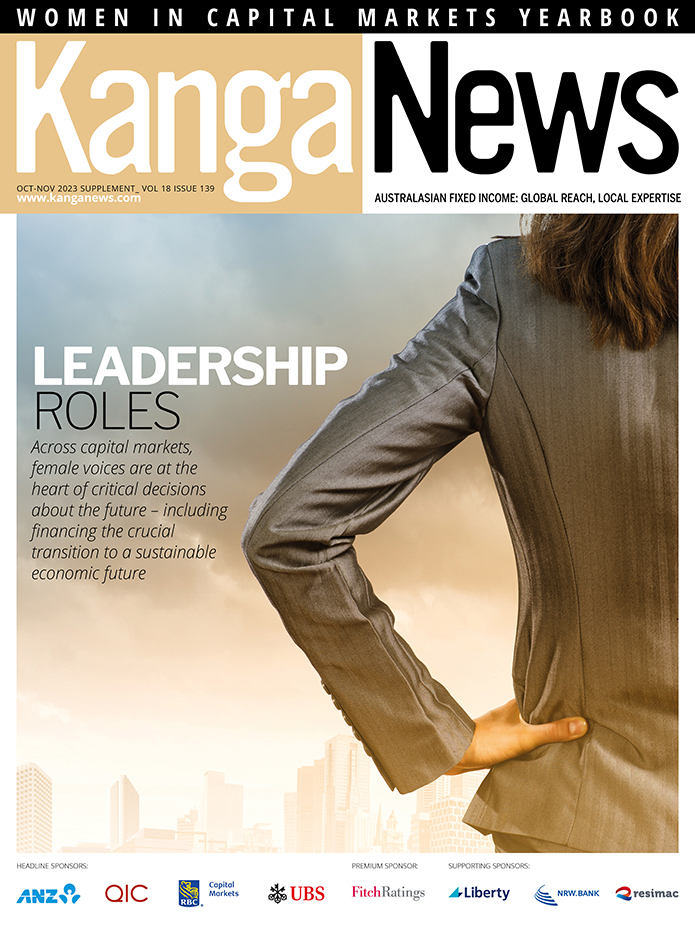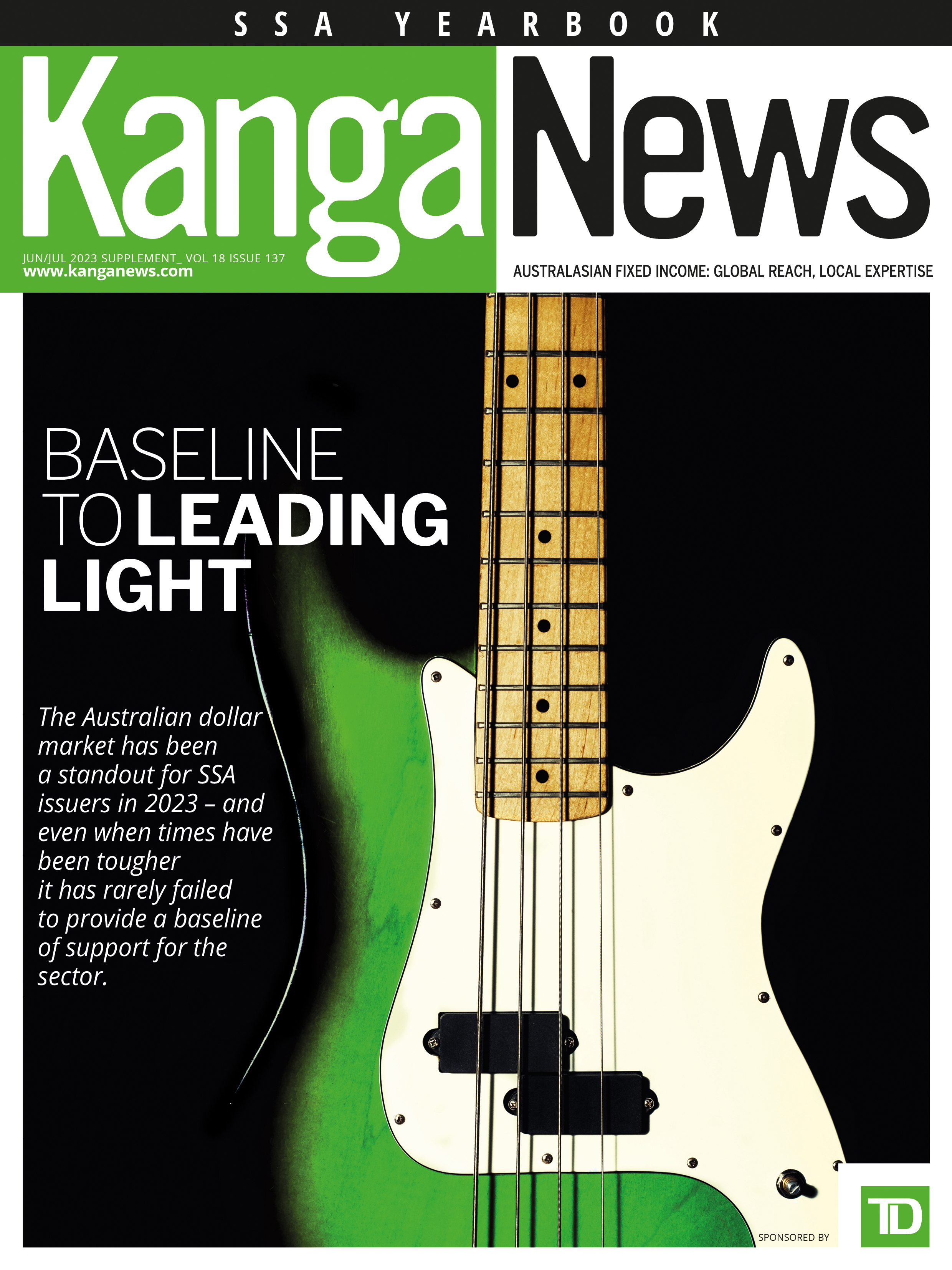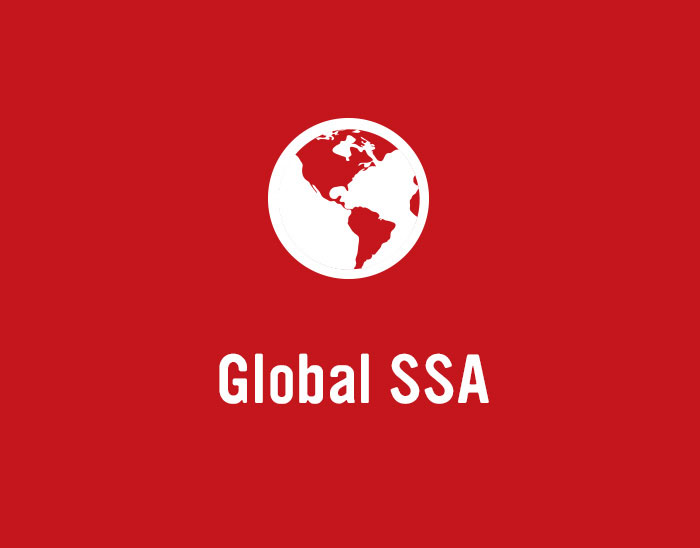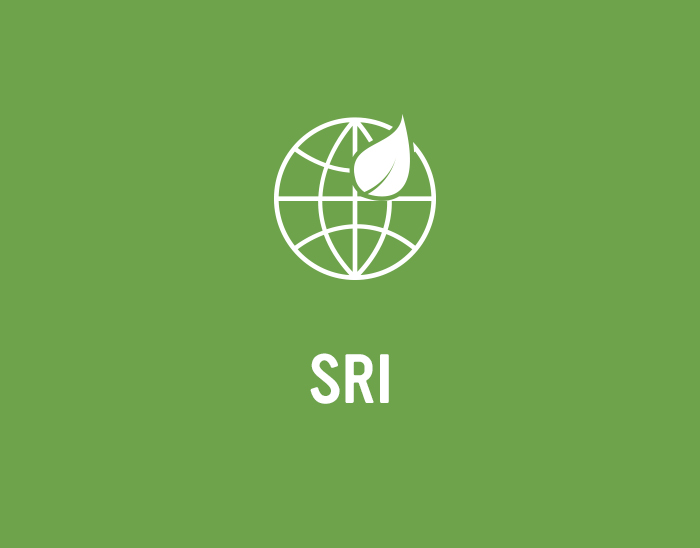
Credibility matters
TD Bank has strong diversity and inclusion credentials, with a vision to seek ways to build the most inclusive bank that fosters a culture of care, inspires innovation and encourages respect. Amy West, global head of sustainable finance and corporate transitions at TD Securities in New York, sheds light on the bank’s policies and explains how credibility in this area and in sustainability are vital to her role.
What underpins TD’s diversity and inclusion (D&I) strategy and why is it important that D&I is a core value at the bank?
D&I has been a strategic priority at TD for more than a decade. However, in 2019, the bank launched a new D&I strategy to elevate this crucial topic and better align with our goals of being a purpose-driven and forward-focused organisation.
There are a few prongs to this strategy, which rely on multiple stakeholders across various initiatives. To give some context, one of the goals is to increase diversity in senior leadership. This has to start by developing internal paths for our diverse talent to continue to thrive at the firm. TD has also launched a number of learning and development programmes to help managers develop strategies to build and engage diverse teams and minimise the negative consequences that come from unintentional bias. We want to empower internal groups to feel comfortable bringing important issues into the spotlight.
TD enjoys a strong culture and history of leveraging its employee experiences. For example, some of our most active internal groups are the minorities in leadership, women in leadership, and LGBTQ+ groups, which offer support and promote key opportunities and events – such as pride month, national indigenous history month, black history month and disability awareness month.
While the board is a great place to start with diversity, it is a very small group relative to an organisation like TD that has more than 90,000 employees. Where we will see the success of these policies going forward will be diversity within our workforce and encouraging inclusion as employees move from entry levels up to our senior leadership.
How have COVID-19 and social unrest influenced TD’s D&I strategy?
In North America in particular, there is a heightened focus not just on diversity but also on how to advance the culture of inclusion. This is something TD focuses on very acutely. We think TD, like all banks, has an important role to play in fighting racism and ensuring equitable outcomes. Having policies to address these concerns will be an inherent part of our social license to operate in the long term.
TD has undertaken a number of initiatives to broaden its culture of inclusion. We introduced a black experiences focus within our D&I programming and we have set targets to increase minority representation of professionals, not just at board level but across the organisation.
We are working hard to ensure we invest in aligning our businesses with the goal of inclusion. Then there is the work done on the philanthropy side. TD has a big philanthropy arm with a strong focus on human capital. We are making sure we are aligning across the whole TD platform to address social inequalities.
We view our colleagues, our customers and our communities as three key pillars to address D&I. There needs to be a focus on all three to see how to help people and how their work and ideas can make a difference. This brings us to a place of best practice within the industry, because ultimately our employees will feel more connected to the brand when they believe their voices are heard and they have a say in creating the future of the firm.
“Today, almost everyone in sustainable finance at financial institutions globally comes from a finance background. But it is the next generation, those who are just starting their careers, that will be figuring out how to make ESG business as usual. They will be essential to how we progress the conversation.”
You head the sustainable finance and corporate transitions group at TD. How important for the integrity of this role is it that the company has strong D&I and sustainability credentials?
It’s massively important. We have spoken for years about how banks have to walk the talk. I feel very lucky to be working at a bank that has been at the forefront of a lot of the initiatives.
I’m glad you include D&I in this – because right now there is a massive focus on the E of ESG [environmental, social and governance]. Sitting in first-world countries like Australia or Canada, governance sometimes goes by the wayside. In my mind, governance is about how we craft policies that ensure we manage our environmental and social risks.
We were the first bank in Canada to come out with a net-zero emissions target. This took a lot of work – and measuring how we are doing is ongoing. As a result, we have been able to have really constructive dialogue with clients. This is important because there is no blueprint for how to make and meet targets like this. To have candid lessons and share some of what we are working through with clients is very helpful.
It has to be worked on via collaboration – and it is the same with D&I. This has been a focus for the past 20 years but we are creating systemic change. This doesn’t happen overnight.
At TD, we have two parts to our plan. We have the “TD Ready Commitment” – US$1 billion going toward philanthropic and social initiatives – and we also have a Climate Action Plan. On both fronts, being a leader has given us credibility to have conversations with clients. Being a first mover with a net-zero commitment has also given us a seat at the table in private as well as public markets.
Does being involved in shaping the market evolution mean TD is in the best position to help clients?
Yes. Sustainable finance is a key part of it, and how we accelerate the flow of capital to worthwhile initiatives needs to continue. But there is also an advisory component, which is gaining in importance. Bringing in the private sector is a critical part of the evolution. Soon we will be talking about issues like how sustainability will change M&A valuations, how it will change the position of a company in pre-IPO markets and how a net-zero commitment will change credit risk for companies.
“In North America in particular, there is a heightened focus not just on diversity but also on how to advance the culture of inclusion. We think TD, like all banks, has an important role to play in fighting racism and ensuring equitable outcomes. Having policies to address these concerns will be an inherent part of our social license to operate.”
Until last year you worked in sustainable finance in TD’s debt markets business. What is the new sustainable finance and corporate transitions group you are leading?
At TD, we think capital is king so we need to be informed about what capital providers are saying, doing and thinking about ESG. In 2020, our CEO noticed that we had clients asking for strategic advice and, while sustainable finance is part of this, ESG was becoming a broader conversation.
This led to the establishment of the sustainable finance and corporate transitions group, which sits across banking and markets. We report to a group of vice chairs with experience from investment banking, equities and fixed income. This allows us a unique perspective and to incorporate trends, feedback and thought leadership faster, and create a centralised ESG resource that is not bound by geography or product.
We are also building a different type of team. We are not taking ‘reformed’ energy bankers and trying to paint them green. We are hiring real climate experts – people who have worked at the UN, CICERO and sustainability consulting firms. We are trying to create a team that draws from financial and technical ESG expertise so we can deliver holistic solutions to clients.
The other thing coming through in RFPs a lot more these days is ensuring our group has an independent remit.
When I started working in sustainable capital markets, there were a lot of ESG teams embedded in debt capital markets. Now, to ensure the credibility of the market, these teams need to be independent and exclusive of any particular business. Team members should not carry dual mandates to other parts of the firm. This means we can give impartial advice when we are talking about the sustainability-linked bond or sustainability-linked loan markets.
What advice would you give to younger people to help them get into areas they are interested in?
I’m asked a lot about how I knew ESG would become so important. The truth is very few of us in markets today foresaw how this would be spoken about as a material financial risk and be embedded in every organisation.
Today, almost everyone in sustainable finance at financial institutions globally comes from a finance background. At TD, we are now hiring people with ESG expertise. But it is the next generation, those who are just starting their careers, that will be figuring out how to make ESG business as usual. They will be essential to how we progress the conversation.
For young people in the industry, I’d just say career paths are not linear. If you are interested in something, ask about getting involved. Raise your hand and seek out those areas of interest via internal opportunities or external education. There is not a one-size-fits-all resumé. Take risks, embrace change and really see how you can be impactful.

WOMEN IN CAPITAL MARKETS Yearbook 2023
KangaNews's annual yearbook amplifying female voices in the Australian capital market.

SSA Yearbook 2023
The annual guide to the world's most significant supranational, sovereign and agency sector issuers.












